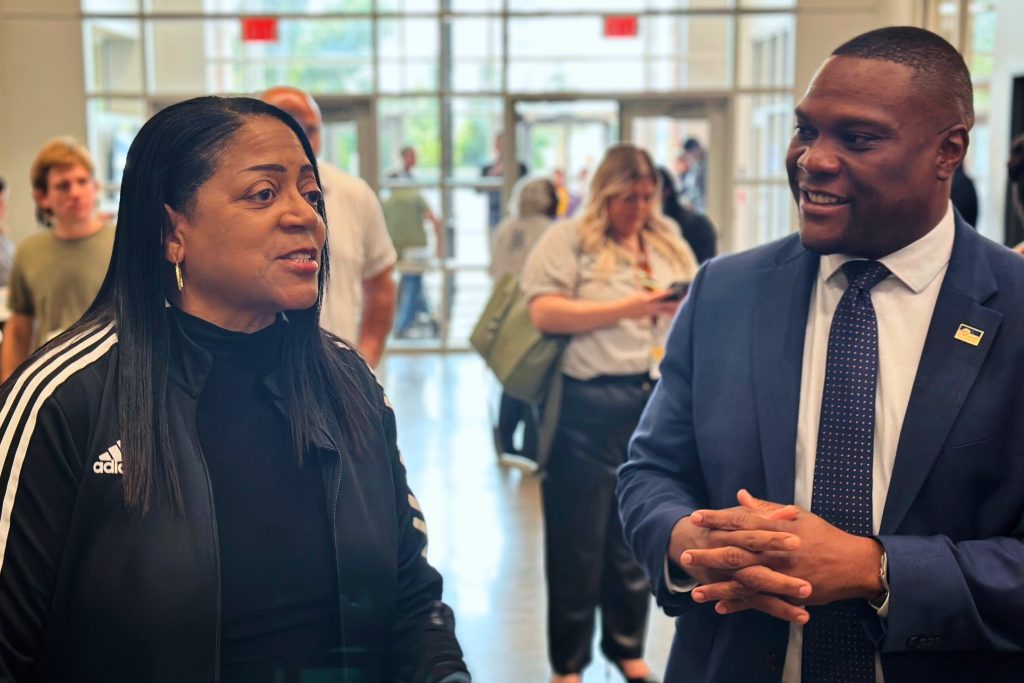Tulsa mayor proposes $100M trust for reparations tied to 1921 massacre

On Sunday, June 1, Tulsa Mayor Monroe Nichols proposed a $100 million private trust as part of a reparations package that would provide descendants of the 1921 Tulsa Race Massacre with scholarships and housing help. The mayor made the announcement at the Greenwood Cultural Center, located in an area that was once Black Wall Street.
“This is, I think, a very significant first step,” Nichols said. “And it’s something we can all unite around. I think we can unite around housing specifically for affected populations. I think we can unite around investing in the Greenwood District and making sure that we’re able to revitalize it to be an economic power again.”
According to the Independent, the city would not provide cash payments to descendants or the last two living survivors of the attack. Rather, the plan calls for the bulk of the funding, $60 million, to go toward improving buildings and revitalizing the city’s north side.
“The Greenwood District at its height was a center of commerce,” Nichols said. “So what was lost was not just something from North Tulsa or the Black community. It actually robbed Tulsa of an economic future that would have rivaled anywhere else in the world.”
In March, Nichols declared June 1 an annual day of observance.

During the course of 18 hours on May 31 and June 1, 1921, more than 1,000 homes and businesses in Tulsa’s predominantly Black Greenwood District were destroyed, while an estimated 300 people were killed. By the time the violence ended, the city had been placed under martial law, thousands were being held under armed guard, and one of the largest Black business districts in the country had burned to the ground.
The nonprofit, Justice for Greenwood, called on the Department of Justice (DOJ) to investigate the 1921 massacre. In January, the DOJ released a report ending decades of silence, acknowledging the military-style attack was meant to destroy a thriving Black community. Although those involved are no longer alive to face charges, the U.S. attorney emphasized the importance of remembering this dark chapter in American history.





